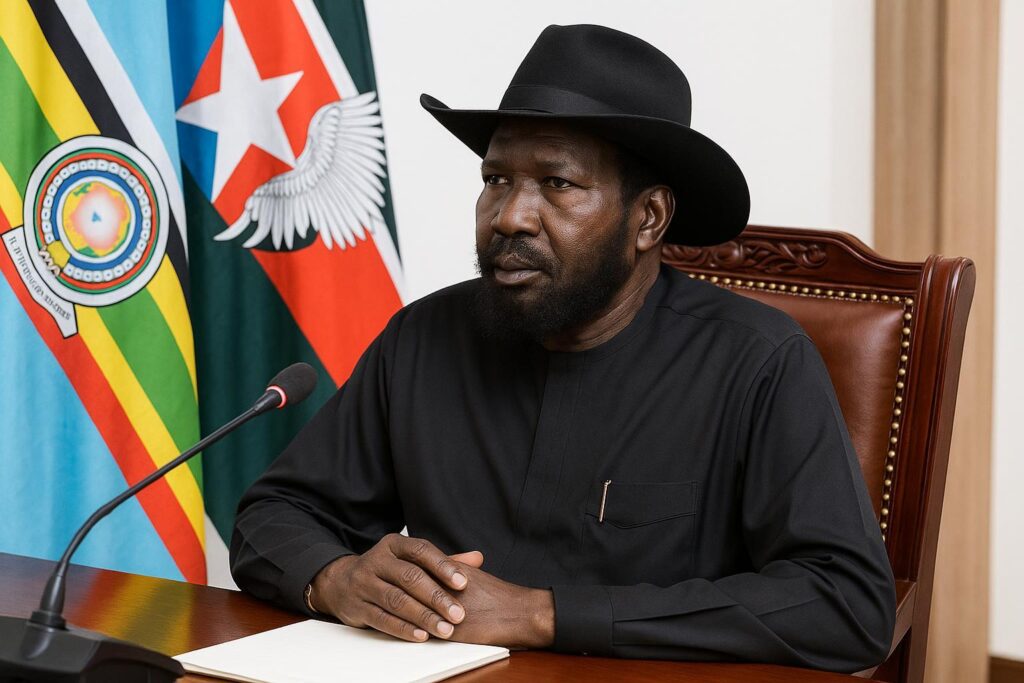Juba Swearing-In Signals Fresh Start
Under the chandeliers of Juba’s State House, President Salva Kiir placed his faith in Western Equatoria’s freshly appointed officials, urging them to fly home and “work diligently to restore stability, social harmony, and peace” as the crowd of dignitaries applauded.
Governor James Altaib Berapai and Deputy Governor Justin Joseph Marona took their oaths beside Water Resources Minister James Mawich Makuach and Deputy Finance Minister Yien Chan Ruei, signalling an administrative reshuffle designed to tighten coordination between Juba and the troubled state.
Escalating Ambushes Undermine Daily Life
Roads to Yambio now echo with gunfire more than commerce; aid groups report at least six ambushes in May alone, a surge traced to rival armed groups jostling for influence after the removal of Alfred Futuyo, a senior SPLM-IO commander.
The violence has ripped families apart, sending an estimated 20,000 civilians into improvised camps along the Congolese border, according to local church monitors, and complicating the harvest in an area already struggling with high food prices (UNMISS weekly brief).
President’s Development Mandate
Beyond security, Kiir directed Minister Mawich to make clean water a national priority, arguing that “meeting basic needs is the surest path to public trust.” The ministry plans to expand solar-powered boreholes, starting with Maridi, by the end of the year.
Local Leaders Confront Complex Grievances
Community elders blame distrust between ex-government and ex-rebel units for the tension; Governor Berapai says he will open a joint civilian-military dialogue forum within two weeks to address land disputes, recruitment of youths, and rumours that fuel retaliatory attacks.
Deputy Governor Marona, a former priest, told reporters, “Healing will not come from the barrel of a gun but from the handshake at the market.” Civil society groups welcomed the tone yet warned that previous reconciliations collapsed without sustained funding.
Road to Lasting Calm
Analysts in Juba say the next 100 days will reveal whether the new line-up can reduce attacks and improve trade flows toward the capital. Success could strengthen the wider peace agreement’s credibility ahead of the scheduled 2024 elections.
For displaced shopkeeper Mary Isaac, hope rests on tangible change: “If the roads are safe, we go back, reopen our stalls, and life starts again.” Her sentiment captures the cautious optimism spreading across Western Equatoria’s verdant hills.


